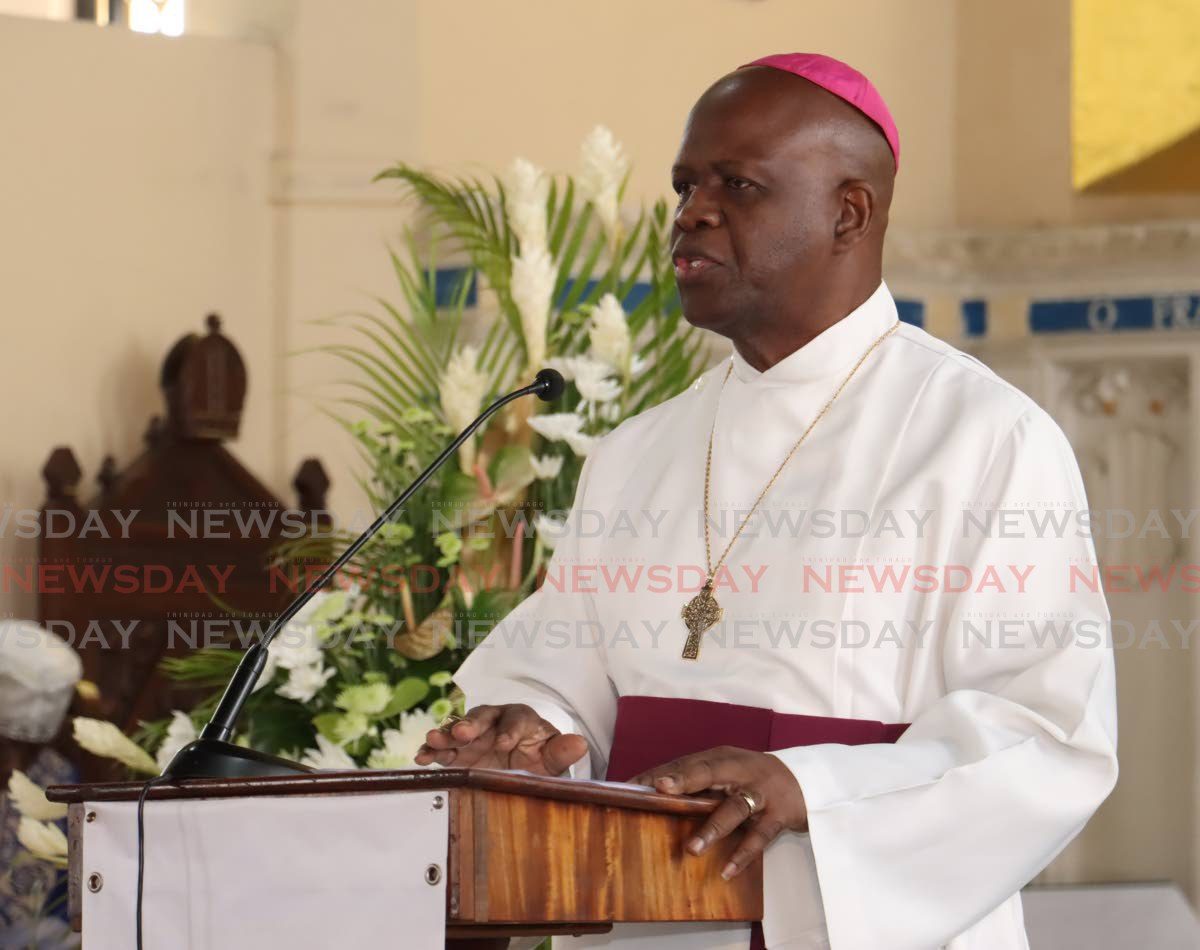Dave Portnoy Fires Intern For Sending Condolences To Charlie Kirk’s Family, Calls Him ‘Scumbag’
By Siddhi Vinayak Misra
Copyright breezyscroll

What happened between Dave Portnoy and his intern?
Barstool Sports founder Dave Portnoy has come under fire for firing a teenage intern who expressed condolences to the family of conservative activist Charlie Kirk, who was assassinated last week in Utah.
The intern claimed he was “yelled at” and dismissed after his remarks were deemed a violation of Barstool’s long-standing “no politics” policy. Kirk, 31, was fatally shot at Utah Valley University by alleged gunman Tyler Robinson, a 22-year-old Utah native now facing multiple charges including aggravated murder.
Why did Portnoy react so strongly?
When questioned on X (formerly Twitter) about his decision, Portnoy doubled down, showing no sympathy for the intern. He called the teenager a “scumbag” and insisted his actions went against the company’s culture.
Portnoy’s critics argue that offering condolences to a murder victim’s family is hardly a political statement, especially since several major organizations—including the NFL and Major League Baseball—also publicly expressed sympathies.
The intern, meanwhile, lashed out at Barstool, branding the company “hypocritical,” “weak,” and “a fraud of a company that silences its own people.”
Barstool’s “no politics” policy explained
Barstool has long promoted itself as an entertainment-first media brand, steering clear of political debates. Portnoy has repeatedly told staff to avoid wading into political or ideological conversations, claiming it protects the company’s broad audience appeal.
But the strict application of this policy has drawn scrutiny:
Condolences over Kirk’s death were interpreted internally as “political speech.”
Critics argue the company is inconsistent, since Portnoy himself has made political comments publicly.
The incident has sparked debate over whether Barstool’s rules are being enforced fairly or used selectively.
The bigger picture: workplace speech and free expression
This controversy underscores a growing tension in workplaces about political expression:
Blurry boundaries: Even neutral remarks, like condolences, can be seen as political depending on the context.
Company branding: Firms with “no politics” rules risk being accused of censorship, especially when the enforcement seems arbitrary.
Employee backlash: Younger workers, in particular, are more likely to challenge restrictions on expression—often publicly on social media.
Legal experts note that private companies like Barstool have wide latitude to fire employees over speech, but high-profile terminations often damage employer reputation more than employee careers.
Reaction online
The firing sparked heated debate across social platforms:
Supporters of Portnoy argued that rules are rules, and employees must respect company policies.
Critics blasted Portnoy for insensitivity, saying that calling an intern a “scumbag” for expressing sympathy was excessive and cruel.
Many questioned whether Barstool enforces its no-politics policy consistently, pointing out Portnoy’s own history of political commentary.
Why it matters
The Portnoy-intern clash highlights the shifting line between personal expression and workplace restrictions. In an era where every statement can go viral, companies face pressure to balance brand neutrality with employees’ rights to speak as individuals.
For Barstool, the firing reinforces Portnoy’s no-compromise approach to company culture—but at the cost of another controversy tied to his brash leadership style.



